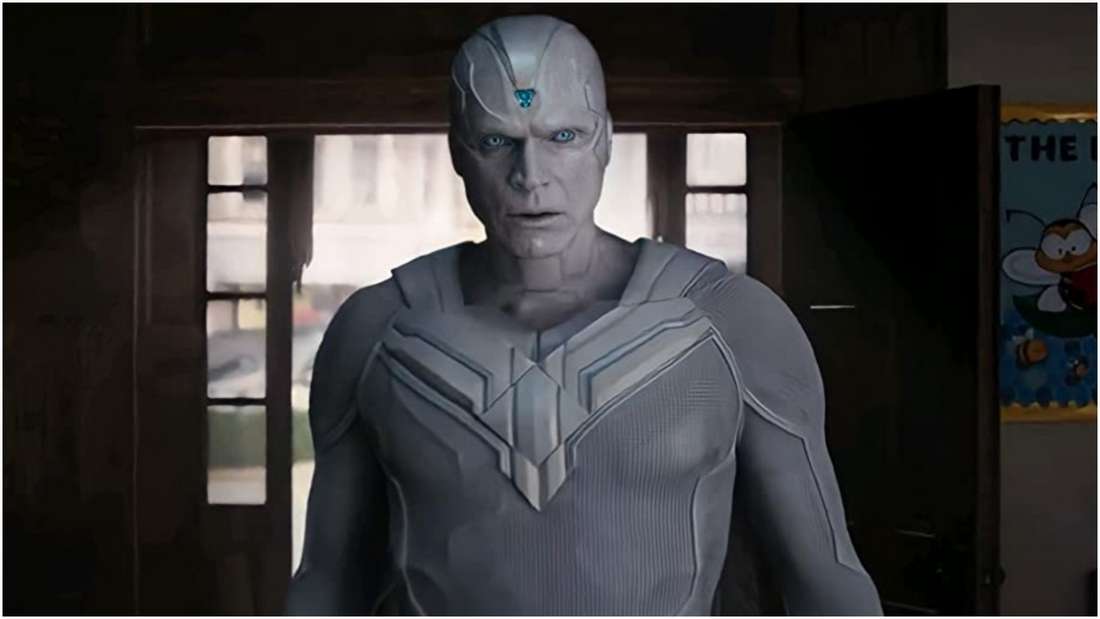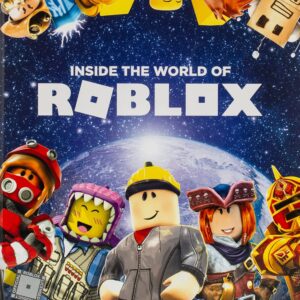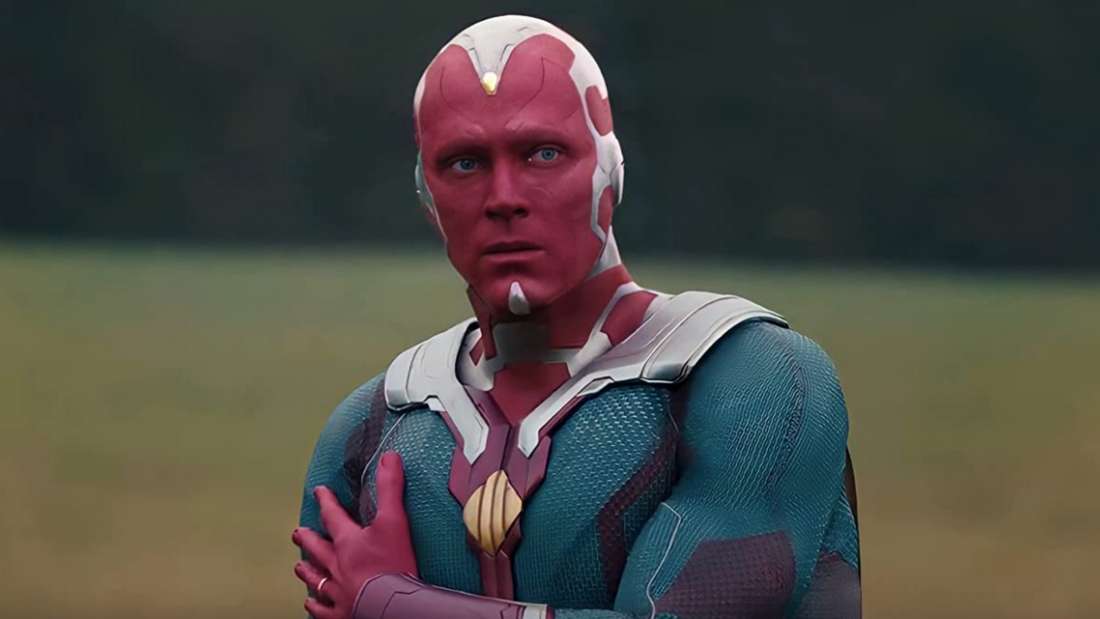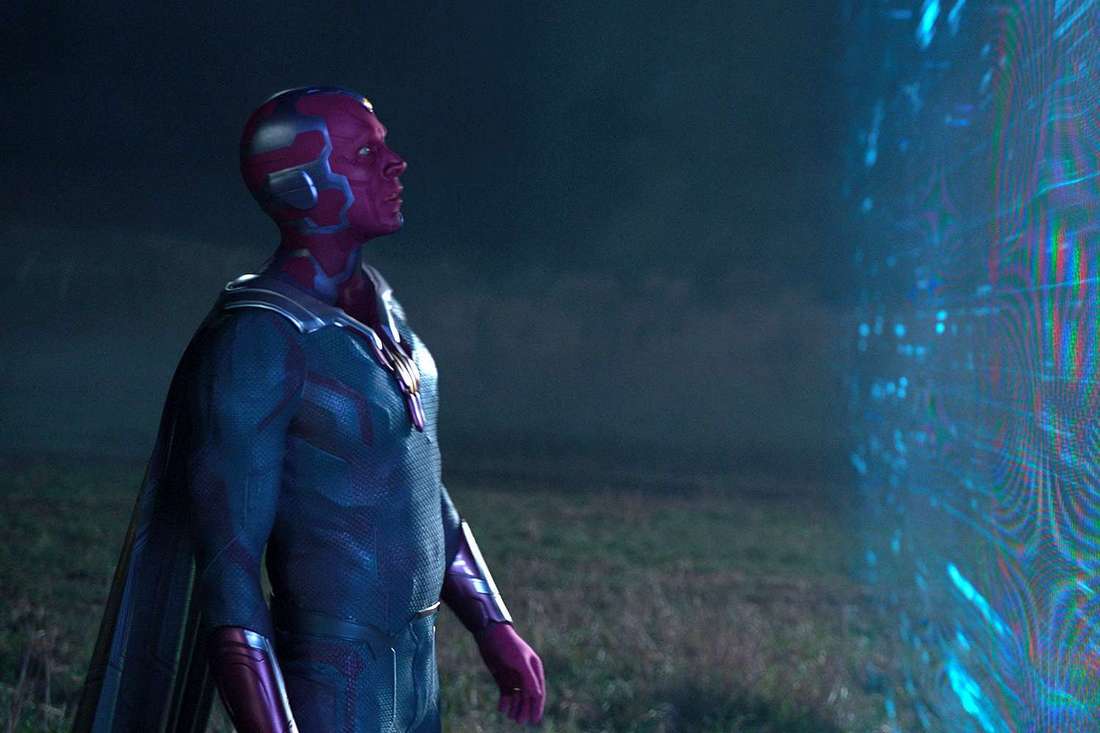VisionQuest Confirmed as WandaVision’s Spiritual Successor with Genre-Bending Format
Popular Now
 Brawl Stars
Brawl Stars
 Black Myth: Wukong
Black Myth: Wukong
 Fall Guys
Fall Guys
 Fortnite
Fortnite
 Sonic the Hedgehog™ Classic
Sonic the Hedgehog™ Classic
 Free Fire
Free Fire
 CarX Street
CarX Street
 Poppy Playtime
Poppy Playtime
 Call of Duty
Call of Duty
 Grand Theft Auto V
Grand Theft Auto V 
The highly-anticipated Disney+ series VisionQuest, which serves as the final installment in the unofficial trilogy that began with WandaVision and continued with Agatha All Along, is set to push the creative boundaries of the MCU even further. Showrunner Terry Matalas recently provided a massive insight into the series’ structure, suggesting a deliberate and profound connection to its genre-hopping predecessor. According to Matalas, each episode of the upcoming Marvel show is deliberately crafted to feel like “a different type of movie.”
This revelation, made during a recent interview on the Phase Hero podcast and highlighted following the buzz from New York Comic-Con 2025, instantly draws powerful comparisons to WandaVision’s critically acclaimed approach, which saw each installment pay homage to a different era of the American sitcom. For fans and high-CPC keywords searchers alike, this news dramatically elevates the anticipation for a series already tasked with exploring deep thematic territory, specifically the concept of intergenerational trauma, as previously teased by star Paul Bettany (White Vision).
 The Evolution of Marvel Storytelling: From Sitcoms to Cinema
The Evolution of Marvel Storytelling: From Sitcoms to Cinema
The creative strategy behind VisionQuest’s unique episode structure signifies Marvel Studios’ continued commitment to experimental and prestige television. While WandaVision used the framework of sitcom history to explore Wanda Maximoff’s immense grief and power, Matalas’s “different type of movie” approach suggests an even broader canvas for the synthezoid protagonist, White Vision.
White Vision’s journey in the series is set approximately “a year or so” after the events of WandaVision. His arc is centered on reconciling the memories of the original Vision, which were restored to him in the finale of the first series, with his new, unemotional synthezoid existence. The use of varied film genres—perhaps a heist film one week, a spy thriller the next, or a classic horror movie—could be a metaphorical device to externalize Vision’s internal struggle to grasp the vast, nuanced spectrum of human emotion, an essential component of the series’ core theme: denial of pain and the search for truth.
 Key Takeaways from the VisionQuest Production and Cast Updates
Key Takeaways from the VisionQuest Production and Cast Updates
The recent deluge of news from NYCC 2025 has provided concrete details that firmly establish VisionQuest as a pivotal upcoming Marvel show. The cast announcements and exclusive footage shown confirm the return of several key characters and the introduction of new elements that will be crucial for the MCU timeline:
- The Return of AI Personified: The footage revealed human forms of the familiar MCU AIs, including James D’Arcy reprising his role as J.A.R.V.I.S., Orla Brady as F.R.I.D.A.Y., and Emily Hampshire as E.D.I.T.H., suggesting Vision’s quest for identity is deeply intertwined with his technological family.
- Ultron’s Shocking Comeback: James Spader is confirmed to return as Ultron, also appearing in a mysterious human form, which sets up a compelling ‘father-figure’ conflict that directly addresses the series’ focus on fathers and sons.
- Tommy Maximoff’s Debut: Ruaridh Mollica joins the cast as an adult Tommy Maximoff (Speed), one of Wanda and Vision’s sons, suggesting a crucial reunion and further exploration of the intergenerational trauma that Bettany mentioned.
- Release Window: The series is currently slated to premiere on Disney+ in 2026, making it one of the most anticipated Marvel Studios projects.
Strategic Narrative and Thematic Depth
The strategic choice by Matalas to embrace a “movie of the week” concept is not merely a stylistic flourish; it is a deep narrative tool. By forcing White Vision into a series of distinct genre conventions, the series can isolate and dissect different facets of human experience—from fear and loss to adventure and comedy—allowing the synthezoid to intellectually catalog the emotions he cannot yet feel. This method reinforces the show’s heavy thematic focus on self-discovery and acceptance.
Strong writing and a high-concept visual approach are paramount for a show dealing with such profound psychological themes. The success of this VisionQuest will lie in its ability to balance the inherent spectacle of a Marvel production with the intimate, character-driven narrative required to complete White Vision’s transformation. As Matalas and his team navigate this complex terrain, the expectation is that they will deliver a series that not only honors its WandaVision roots but also carves out a vital, genre-defining space within the overarching Cinematic Universe.
The combination of a high-profile cast, the re-introduction of fan-favorite characters in unexpected ways, and a radically experimental episode structure positions VisionQuest as a major pillar for the future direction of Marvel Television.









 The Evolution of Marvel Storytelling: From Sitcoms to Cinema
The Evolution of Marvel Storytelling: From Sitcoms to Cinema Key Takeaways from the VisionQuest Production and Cast Updates
Key Takeaways from the VisionQuest Production and Cast Updates